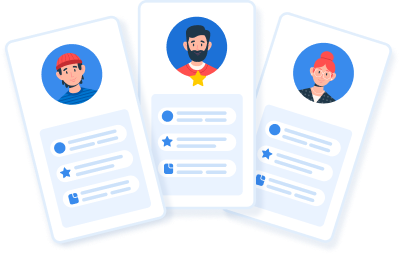What is an Applicant Tracking System in Maritime Recruitment?
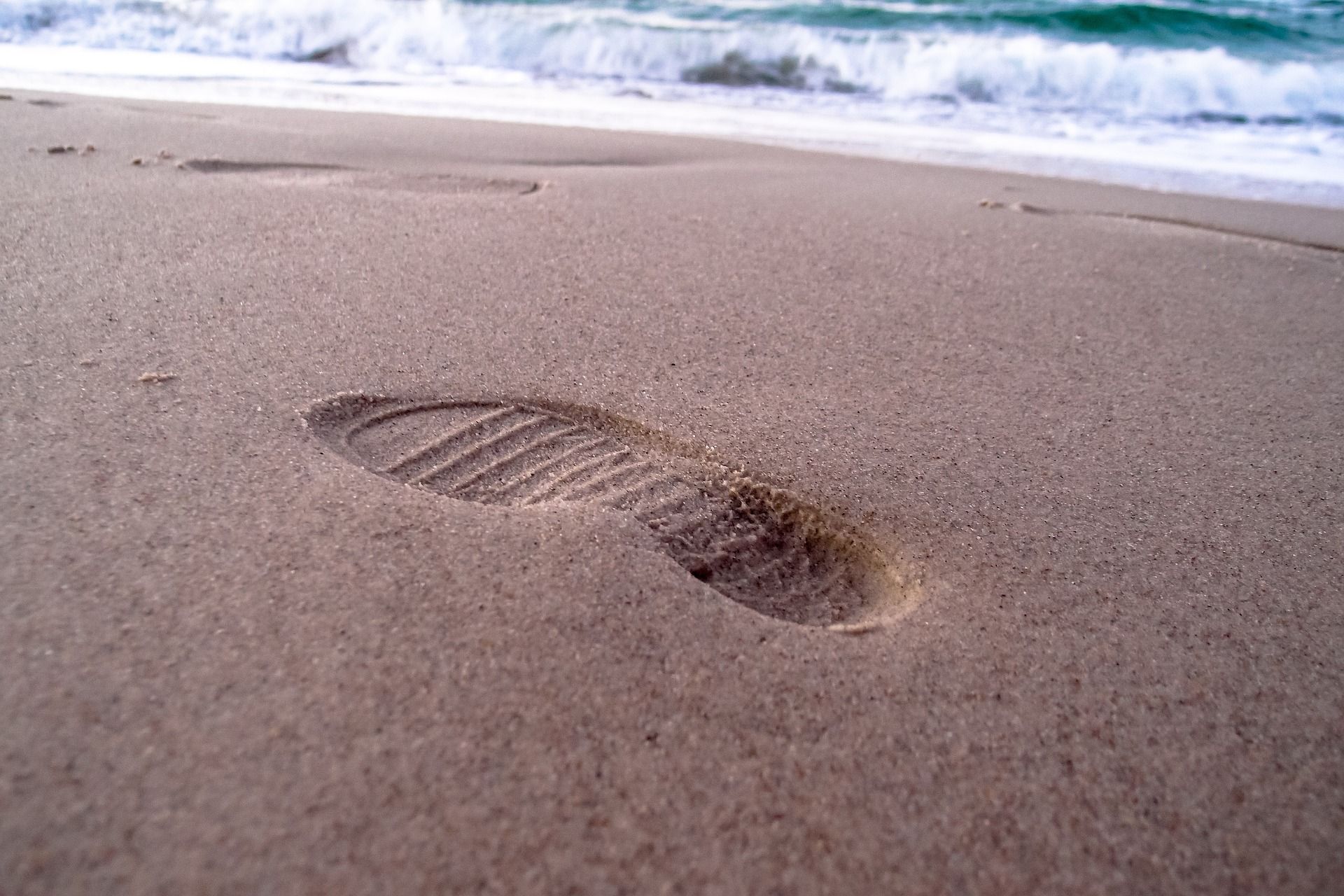
Applicant tracking systems (ATS) aren’t exactly breaking news, but in the world of maritime recruitment they can be an absolute lifesaver when it comes to sourcing candidates, keeping track of applications, and knowing exactly which stage of the recruitment process a seafarer is at at any given time.
Many companies across many industries use applicant tracking systems, indeed they’re an integral part of many Human Resources departments. But if you’re wondering what the value of an ATS is to your small to medium-sized shipping company or manning agency, carry on reading as we take a closer look.
Maritime recruitment and applicant tracking systems
In a nutshell, an applicant tracking system helps a business organize their candidates so that the entire hiring process is much more streamlined.
Many jobs attract many candidates - and a high proportion of these do not hold the correct qualifications or necessary experience. Sorting through these applicants manually is time consuming and inefficient. An ATS removes this inefficiency, saving employers and recruiters time and money.
PS, why not follow us on Facebook, LinkedIn and Twitter / X!?
An ATS also enables companies to collect job applications, organize their candidates based on experience and qualifications, and then filter them so they can find the right person or people for their vacancies.
But a good applicant tracking system is more than just a database used for storing candidate information - although it is great for that. It will also allow employers or recruiters to track and organize all communication with candidates, make notes and leave feedback on an applicant’s profile.
Some ATS also integrate with the company’s jobs board to make applying for vacancies easier for the candidate and pulling all the different facets of the recruitment process together into one cohesive whole.
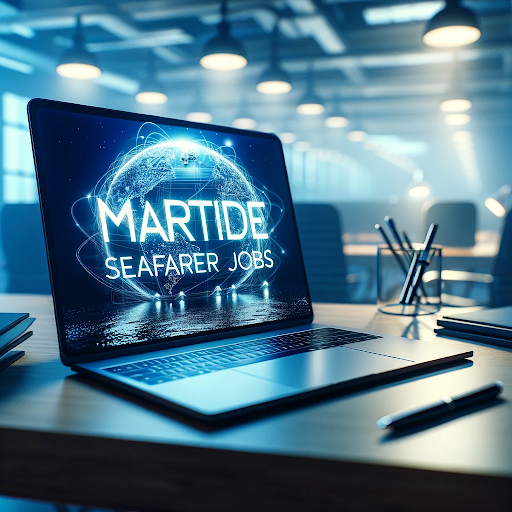
The end goal of an ATS is to make it quicker to fill job vacancies and find the right candidate for the position.
And while applicant tracking systems provide real value to virtually every type of organization, let’s look at it from the viewpoint of a shipowner, crew manager or manning agent.
In many sectors, if a company is looking for, let’s say, a graphic designer, a customer service representative or a barista, while they will want to get the position filled as soon as possible, under normal circumstances it probably won’t matter too much if they don’t find someone suitable by an exact date.
Anyone working in maritime recruitment will know that this doesn’t apply to them.
You have crew change dates to meet and it is imperative that you have the right seafarer of the right rank, and with the specified amount of sea time on board your vessel for a certain date.
That’s where an ATS can come in very useful. It enables you to be more organized, source and filter seafarers more efficiently, and find the right seafarer for the job with confidence.
There are other benefits of using an applicant tracking system in maritime recruitment too and we’ll take a look at those next.
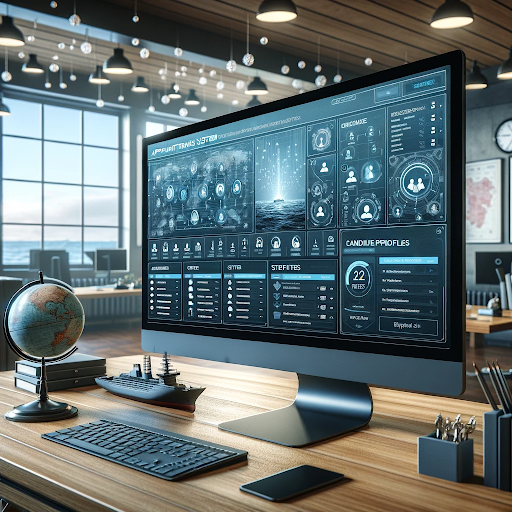
Benefits of an ATS in maritime recruitment
As you can imagine, when your department is more organized, your productivity will increase. But what are some of the other benefits of an applicant tracking system?
- When you automate your maritime recruitment process, you’ll save time and money.
- The quality of your candidates will improve as you’ll be able to filter out unsuitable seafarers.
- Every step of the process will be clear, from sourcing seafarers through to scheduling interviews to getting medical checks and English tests done, contracts signed, and even booking flights.
- You’ll be able to see key metrics at a glance in your user dashboard, from how many seafarers you have onboard at any given time to upcoming crew change over dates.
- When your maritime recruitment process is quicker, your candidates will be happier - meaning they’ll be less likely to ghost you by dropping out halfway through the application process.
- A maritime-specific ATS will enable you to mark seafarers who’ve worked for you before as ex-crew meaning that if you want to line them up again for a contract you don’t have to go through every single step of the process. That’s better for you, and better for them!
Does your business need an applicant tracking system?
While applicant tracking systems are typically used by larger companies who are continually hiring new employees, even smaller shipping companies or manning agents will find an ATS incredibly useful.
And whilst a typical small business probably won’t be in the constant lookout for new staff, as someone who is in a never ending cycle of filling positions on vessels every few months, an ATS will really come into its own when used in maritime recruitment.
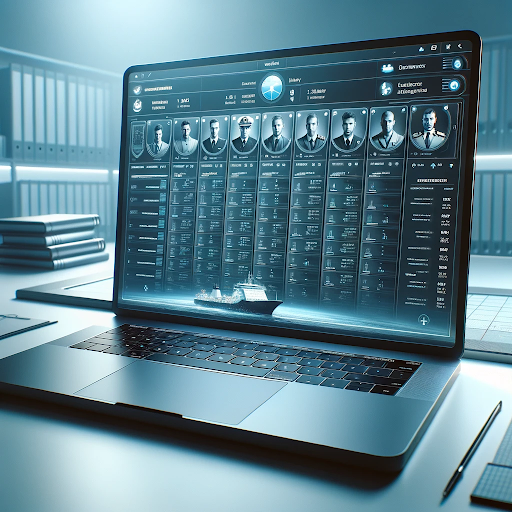
In addition, the average hiring process for a small company that is not in the shipping industry is probably not that complex: They have a vacancy, they advertise the job, they receive some resumes, interview some candidates, and hire the right person.
Compare that to the maritime recruitment hiring process where you not only need to find candidates, read their resumes and interview them, but you also need to arrange medical examinations, check they have the right documents and certificates, verify those documents and certificates, conduct English tests, ensure the dates all line up, and arrange travel.
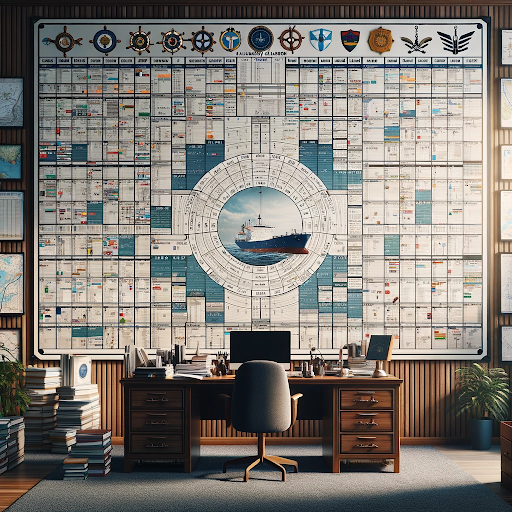
Wouldn’t it be great to have a system in place that automated all of those things, told you which step of the process you need to take care of next, and even stored all those documents securely for you?
How to find the right applicant tracking system for you
As someone working in the maritime industry, you know how stressful it can be finding the right seafarer for the right vessel for the right date. An ATS will greatly alleviate some of that stress by making your hiring process run much more smoothly.
However, in such a niche industry, a generic ‘off-the-shelf’ applicant tracking system isn’t going to work for you. You need something that has been designed specifically for shipping companies and manning agents that understands all the different requirements of maritime recruitment.
And that’s where Martide can help. Remember all those benefits we mentioned earlier in this blog post? Our maritime applicant tracking system offers all of them. We:
- Make it easier to find qualified seafarers through our filters and keyword searches.
- Help you shorten the time it takes to find the right crew members for your vessels, reducing stress and increasing productivity.
- Let you set seafarers you’ve worked with and want to hire again to ex-crew so they don’t have to go through all the steps again.
- Enable you to track all communication through your inbuilt messaging system.
- Make it easy to follow a candidate every step of the way throughout the process with our highly visual ATS.
- Let you schedule medical exams and interviews, and conduct English tests through our platform.
- Increase candidate engagement by making the recruitment process less stressful so they are more likely to go all the way - and come back to you again for their subsequent contracts, thereby increasing crew retention.
- Make it easy for seafarers to apply for your vacancies through our integrated jobs board (Your job ads will also feature your company logo.)
With all these benefits - and more - isn’t it time you talked to Martide about streamlining and automating your maritime recruitment processes?
Get in touch with us today and we’ll be delighted to schedule a free, no obligation demo with you so you can see just how we can help you.

Eve Church
Eve is Martide's content writer, publishing regular posts on everything from our maritime recruitment and crew planning software to life at sea. Eve has been writing professionally for more than two decades, crafting everything from SEO-focused blog posts and website landing pages to magazine articles and corporate whitepapers.
UK

is the only site for maritime jobs
